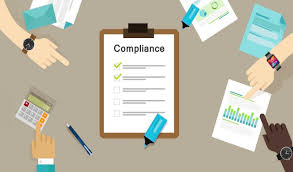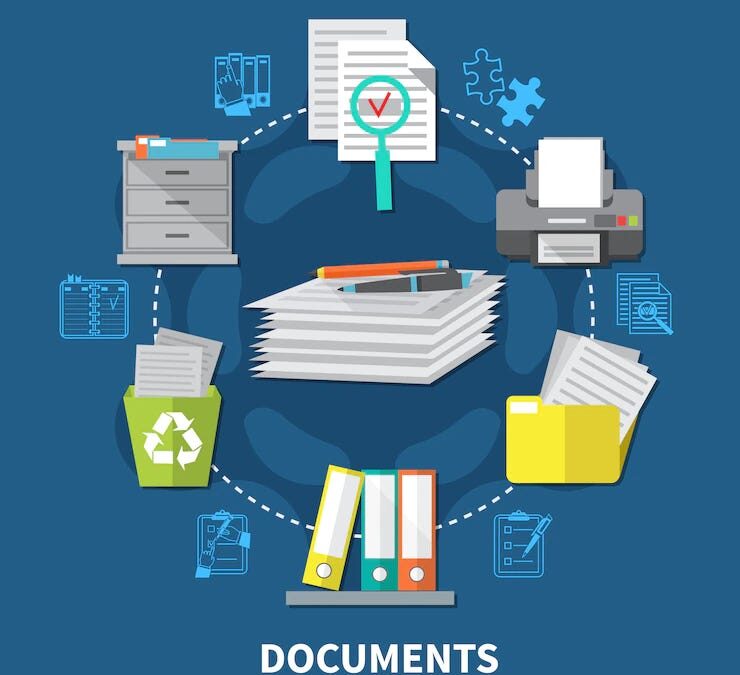Is your firm practicing law in Virginia? Congratulations! On December 17 the Virginia Supreme Court approved some significant changes to the state’s definition for Comment 6 of its Rule 1.1 of the State’s Rules of Professional Conduct, “Competency to Practice Law”.
Here is what the new definition says, effective January 1, 2016 (with my emphasis added):
 “To maintain the requisite knowledge and skill, a lawyer should engage in continuing study and education in the areas of practice in which the lawyer is engaged.
“To maintain the requisite knowledge and skill, a lawyer should engage in continuing study and education in the areas of practice in which the lawyer is engaged.
Attention should be paid to the benefits and risks associated with relevant technology. The Mandatory Continuing Legal Education requirements of the Rules of the Supreme Court of Virginia set the minimum standard continuing study and education which a lawyer licensed and practicing in Virginia must satisfy. If a system of peer review has been established, the lawyer should consider making use of it in appropriate circumstances.”
With this, Virginia became the 20th state to adopt a change to this definition that includes a working knowledge of technology as part of what an attorney needs to know to be in compliance with this rule. And in case you were wondering, here are the other 19 states with the dates they adopted this change to their respective state’s Rules of Professional Conduct:
- Arizona, effective Jan. 1, 2015.
- Arkansas, approved June 26, 2014, effective immediately.
- Connecticut, approved June 14, 2013, effective Jan. 1, 2014.
- Delaware, approved Jan. 15, 2013, effective March 1, 2013.
- Idaho, approved March 17, 2014, effective July 1, 2014.
- Iowa, approved October 15, 2015, effective immediately.
- Illinois, approved Oct. 15, 2015, effective Jan. 1, 2016.
- Kansas, approved Jan. 29, 2014, effective March 1, 2014.
- Massachusetts, approved March 27, 2015, effective July 1, 2015.
- Minnesota, approved Feb. 24, 2015.
- New Hampshire, approved Nov. 10, 2015, effective Jan. 1, 2016.
- New Mexico, approved Nov. 1, 2013 (text of approved rules), effective Dec. 31, 2013.
- New York, adopted on March 28, 2015, by the New York State Bar Association.
- North Carolina, approved July 25, 2014. Note that the phrase adopted by N.C. varies slightly from the Model Rule: “… including the benefits and risks associated with the technology relevant to the lawyer’s practice.”
- Ohio, approved Feb. 14, 2015, effective April 1, 2015.
- Pennsylvania, approved Oct. 22, 2013 (text of approved rules), effective 30 days later.
- Utah, approved March 3, 2015, effective May 1, 2015.
- West Virginia, approved Sept. 29, 2014, effective Jan. 1, 2015.
- Wyoming, approved Aug. 5, 2014, effective Oct. 6, 2014. (1)
So what does this mean for you and/or your firm? You are now responsible for understanding how hardware, software, “the cloud”, and social media affect your clients’ data and your duty to keep it confidential. (Please see my post “No More Excuses – New ABA Rules Require Lawyers to Get With the (Tech) Program”) If there is a data breach at your firm that occurs in any way, shape or form, you and your firm can be subject to disciplinary action by your state bar at the very least; or by an agency such as the FBI at worst.
You cannot know the risks involved if you do not understand technology, especially that which affects your data. So here are some suggestions:
- Take CLE courses in Legal Technology
- Hire I.T. consultants who understand the unique requirements of law firms to keep data confidential
- Update your software. Software programs and applications evolve to meet new systems and threats to those systems. Keeping a case management program or time and billing program for years is not merely cheap: it puts your confidential data at risk.
With Virginia becoming the most recent state to adopt this rule, there is a clear evolution towards a standard of actual and substantive duty.
Our team at Crosspointe Consulting Group is ready to advise you with technology assessments and advice on your software needs; or suggestions on moving to alternatives such as cloud-based applications. Please call us at 877-357-0555 or contact us at [email protected].
Related Articles:
1./ Ambrogi, R. (2015, December 17). 20 States Have Adopted Ethical Duty of Technology Competence.

Dana Riel is President and Founder of Business Solutions, Inc., serving the Washington, D.C. metropolitan area since 1985. Her firm is the authorized training center for the region for Time Matters and PCLaw by PCLaw|Time Matters, PLLC; Timeslips and Sage 50 Accounting by Sage Software; and QuickBooks by Intuit Corporation. She also serves as a consultant for Caret Legal (formerly known as Zola Suite), CosmoLex, Soluno & TimeSolv. As a trainer, Dana has provided training services to organizations such as the DOD Defense Logistics Agency, Judge Advocate General’s Office (JAG)/Department of the Navy, University of the District of Columbia School of Law, U.S. Department of Commerce and the U.S. Department of Veterans Affairs, as well as with small‐ to mid‐size law firms in the Baltimore‐Washington D.C. area. In 2009, she participated in the series of day‐long seminars sponsored by the District of Columbia Bar Association Practice Management Section, titled “Basic Training: Learn About Running a Law Office”. Ms. Riel also served as an Adjunct Professor in Georgetown University’s Paralegal Studies Program, having taught the course, “Legal Ethics/Legal Technology” in 2009; and “Legal Technology” for the Spring and Summer Semesters of 2010. She presently serves on the Advisory Board for PCLaw|Time Matters, PLLC.



